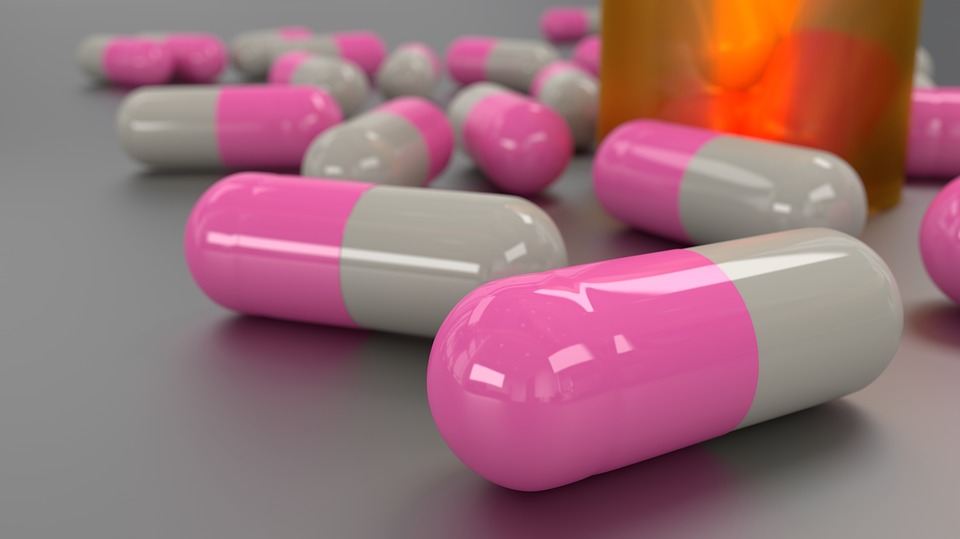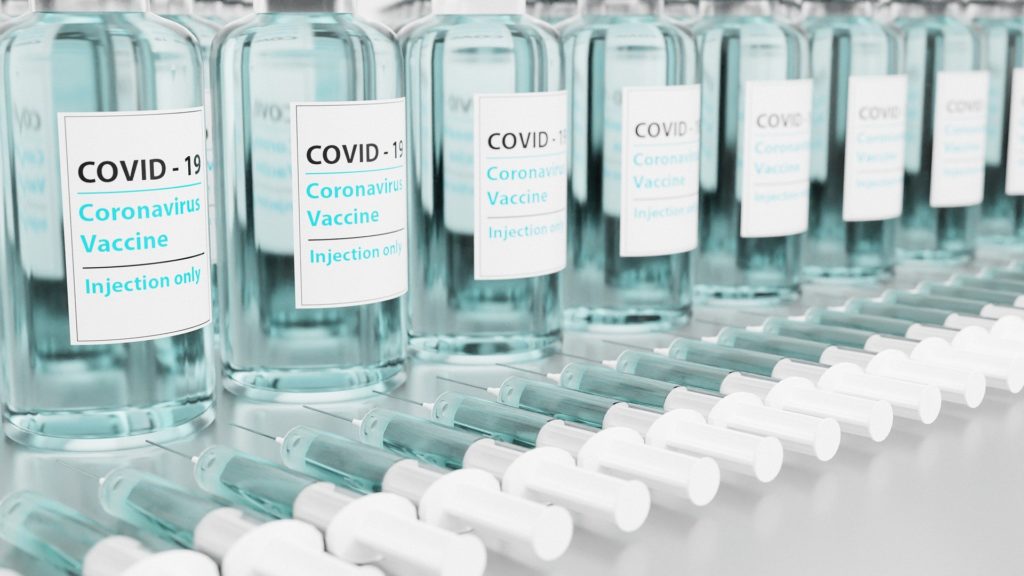
Rheumatoid arthritis is often a more painful experience for women than it is for men, even though the visible symptoms are the same. Scientists are now saying that doctors should take more account of these subjective differences when assessing the need for medication. This and other findings are being presented at a congress currently in progress on gender medicine arranged by Karolinska Institutet.
For reasons yet unknown, rheumatoid arthritis is roughly three times more common amongst women than men. Moreover, several studies also suggest that rheumatoid arthritis eventually impairs the life quality of female suffers more than it does that of male sufferers. Here, too, the underlying reasons are unclear, but scientists have speculated that the medicines used affect women and men differently.
Researchers at Karolinska Institutet are now to present a study that gives vital clues as to why the prognosis is gender-specific. They have shown that men who undergo standard therapy for rheumatism respond significantly better than women having the same treatment – both objectively, such as in the degree of swelling in the joints, and subjectively in terms of their own experience of the disease.
“Purely objectively, the drug had a somewhat better effect on the men than on the women,” says associate professor Ronald van Vollenhoven, who led the study. “But the greatest difference was of a subjective nature. The women in the study felt sicker even when their joints showed the same improvements.”
According to Dr van Vollenhoven, it is important to take into account subjective difference when judging the severity of the disease. If doctors only consider the physical symptoms, people with severe pain might be deprived of the most effective medicine, which, owing to high costs and the risk of side-effects, is only given to the worst sufferers.
In a follow-up analysis, scientists compared the degree of disease in men and women who had received ‘biological’ medicines, which are only given to people who are considered seriously ill. The results of their study showed that while women and men who had been put on a course of treatment were at the same level as regards the objective manifestations of the disease, women felt themselves to be sicker than the men.
“Women and men have been treated on equal terms from the perspective of the doctors, but it’s possible that no one has been aware of the fact that the pain can be worse for women than for men,” says Dr van Vollenhoven. “Since our objective is to reduce suffering, we should try to take more account of the subjective aspects of rheumatoid arthritis.”



